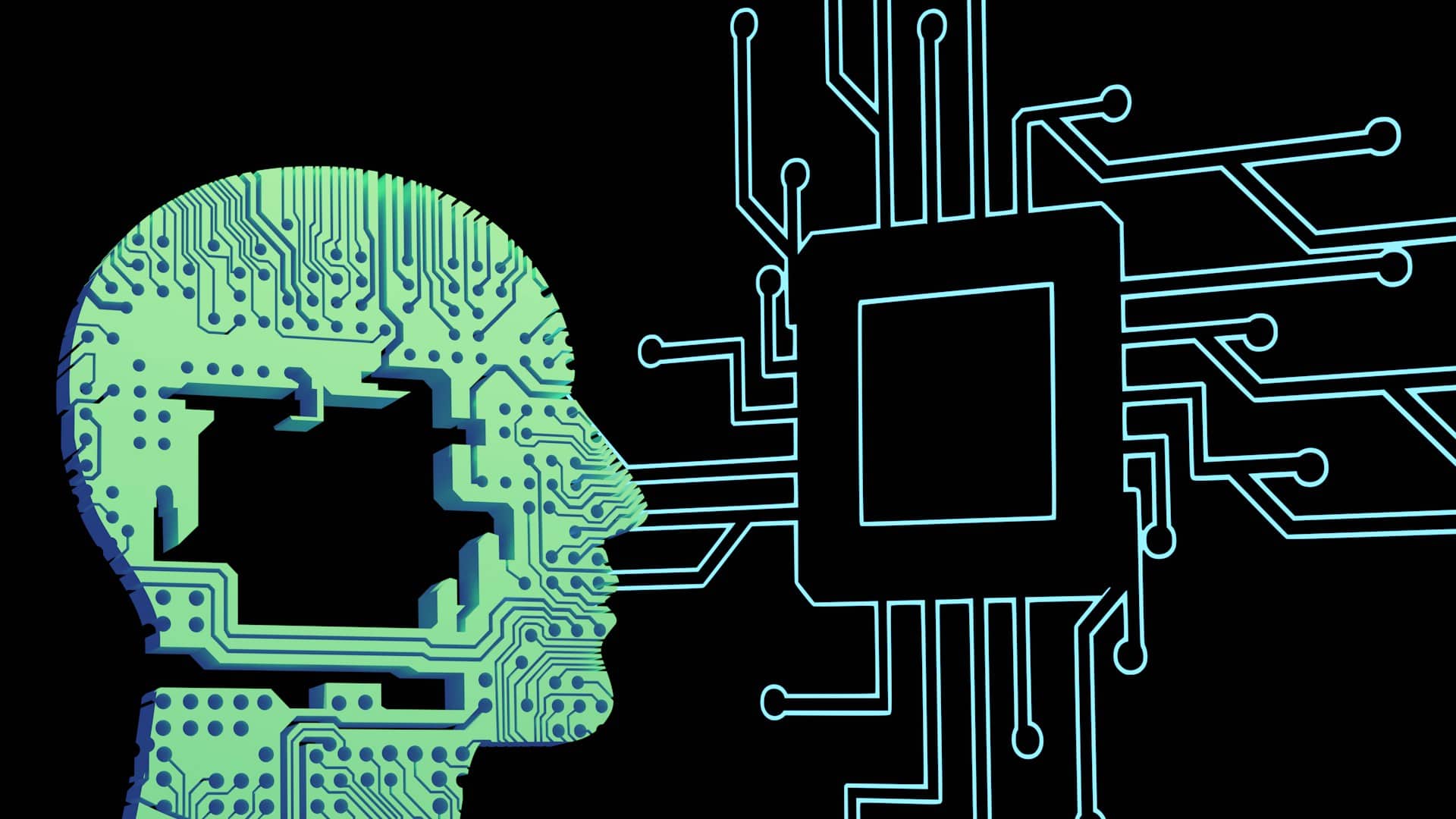
What Are the Benefits of AI in UK Cybersecurity Management?
In an era where data is the new gold, cybersecurity takes centre stage in the world of technology. With potential threats lurking in every corner of the digital space, there is a dire need for robust security systems to protect sensitive information. The UK, as a leader in the global tech industry, is not immune to these threats. As a result, the country has been leveraging artificial intelligence (AI) to enhance its cybersecurity management. This article will delve into the benefits of AI in managing cybersecurity in the UK and how it continues to transform the landscape of data protection.
Cybersecurity Challenges and the Role of AI
The realm of cybersecurity is fraught with numerous challenges. From sophisticated hacking techniques and evolving malware to inside threats and human errors, the digital world is a hotbed of potential risks. The complexity and frequency of these cyber threats have only amplified with the rapid digital transformation. This is where artificial intelligence steps in. AI, with its advanced algorithms and learning capacities, is revolutionising the way we approach cybersecurity.
A lire aussi : Working hours management with scheduling app
AI's ability to learn and adapt to new threats makes it invaluable in a cybersecurity context. Traditional security systems rely on known signatures or patterns of malicious behaviour. In contrast, AI can detect threats even in their embryonic stages, ensuring proactive rather than reactive threat management. This is achieved through machine learning, a subset of AI. Machine learning models are trained on vast datasets, allowing them to learn from past incidents, identify patterns, and predict future risks.
Predictive Intelligence and Threat Anticipation
One of the most apparent benefits of AI in cybersecurity is its predictive intelligence. AI systems can analyse vast amounts of data, identifying anomalies and threats that would otherwise be missed by human operators. This predictive analysis helps organisations in the UK to anticipate potential cyber threats and take preemptive measures.
Lire également : How Can AI Assist in UK Supply Chain Risk Management?
AI's predictive capabilities are not confined to threat anticipation. The technology can also predict the potential vulnerabilities of an organisation's security system. By identifying these weak points, AI allows cybersecurity professionals to address them before they can be exploited by cyber-attacks. AI's role in threat anticipation and vulnerability prediction, therefore, enhances an organisation's ability to secure its data and IT infrastructure.
Automation and Efficiency
AI's ability to automate repetitive tasks is another major benefit in the context of cybersecurity. Security teams often handle large volumes of security alerts on a daily basis, straining their resources and potentially leading to oversight of real threats. AI can help alleviate this burden.
AI-powered systems can process and analyse these alerts much faster than a human can, freeing up cybersecurity teams to focus on more complex tasks. Furthermore, these systems can work around the clock, providing constant monitoring and reducing the window of opportunity for potential attackers. The efficiency and automation offered by AI significantly improve the speed and accuracy of threat detection and response.
Deep Learning and Zero-Day Attacks
Zero-day attacks exploit a software vulnerability before a patch is available, giving security teams no time to respond. These attacks are notoriously difficult to prevent, as they take advantage of previously unknown vulnerabilities. AI, particularly deep learning, is proving to be a game-changer in dealing with these threats.
Deep learning, an AI technique, can analyse code for vulnerabilities that could potentially be exploited in a zero-day attack. This code analysis is done at a speed and scale that humans cannot match. Therefore, deep learning not only increases the chances of detecting zero-day vulnerabilities but also does it much faster, reducing the risk of such attacks.
AI and Cybersecurity Skills Gap
The UK, along with the rest of the world, faces a significant cybersecurity skills gap. This gap poses a serious risk to organisations, as the lack of qualified cybersecurity professionals can lead to weaknesses in their security infrastructure. AI can help bridge this gap.
AI systems can perform many of the tasks traditionally carried out by cybersecurity professionals, including threat detection and response. This doesn't mean that AI will replace cybersecurity professionals. Instead, it will augment their abilities, allowing them to focus on the more strategic aspects of cybersecurity management. In this way, AI not only helps address the skills gap but also increases the effectiveness of existing cybersecurity teams.
AI is undeniably a vital tool in the UK's cybersecurity arsenal. Its ability to predict threats, automate tasks, deal with zero-day attacks, and bridge the skills gap makes it an invaluable asset in protecting the UK's digital space. As AI becomes more sophisticated, its role in cybersecurity will only increase, heralding a new era of data protection and threat management.
Secure Design and Risk Management
When it comes to cybersecurity, crafting a secure design for an organisation's IT infrastructure is of paramount importance. The secure design encompasses various aspects, such as setting up firewalls, setting up secure communication channels, and proper access control management. Traditionally, ensuring secure design was a time-consuming process, requiring expert knowledge and continuous monitoring. But with AI, this process has become much more efficient and effective.
AI-powered systems can model and simulate different security scenarios, assessing the robustness of an organisation's IT infrastructure. They can identify potential vulnerabilities and suggest improvements to bolster the security design. AI's machine learning models can learn from the outcomes of these simulations, improving their ability to detect security risks and offering better solutions over time.
Moreover, AI brings a lot to the table in terms of risk management. AI's predictive capabilities allow it to anticipate potential threats and estimate their possible impact. This allows organisations to conduct risk assessment in a more informed and proactive manner, rather than reacting to cyber threats after they occur.
AI also streamlines the risk assessment process by automating the collection and analysis of risk-related data. This allows organisations to quickly identify and respond to security risks, ensuring that they can minimise the potential damage from cyber-attacks. Additionally, AI's machine learning models can learn from past incidents and trends, continually improving their risk assessment capabilities. Thus, AI enables a much more dynamic, proactive, and effective approach to secure design and risk management.
Incident Response and AI's Role
Incident response is a critical aspect of cybersecurity. It involves identifying, managing, and mitigating the impact of a security breach. The quality of an organisation's incident response can mean the difference between a minor disruption and a major catastrophe. In the context of incident response, AI can be a game-changer.
When a security breach occurs, every second counts. AI can significantly speed up the incident response process through its automation capabilities. It can quickly identify the nature and extent of the breach, helping security teams to understand the threat and formulate an appropriate response. AI can even suggest response strategies based on its analysis of the situation and its learning from past incidents.
AI also plays a crucial role in incident recovery. It can identify the areas most affected by the breach, allowing teams to prioritise their recovery efforts. Moreover, AI can learn from these incidents, improving its ability to respond to similar situations in the future.
But perhaps the most significant contribution of AI to incident response is its potential to prevent incidents before they occur. By predicting threats and identifying vulnerabilities, AI can help organisations to take preventative measures, reducing the likelihood of security breaches and minimising their potential impact. Overall, AI enhances the speed, effectiveness, and proactive nature of incident response, significantly strengthening an organisation's cybersecurity.
In Conclusion: The Future of AI in UK Cybersecurity
In the face of ever-evolving cyber threats, the UK is leveraging the power of artificial intelligence to bolster its cybersecurity capabilities. AI's ability to detect threats in their early stages, its predictive intelligence, and its automation capabilities make it an indispensable tool in the fight against cyber threats.
Moreover, AI's application in secure design and risk management is transforming the way organisations approach cybersecurity. By streamlining the risk assessment process and bolstering secure design, AI is enabling more proactive and effective cybersecurity practices. In the domain of incident response, AI's quick detection and response capabilities, coupled with its role in incident recovery and prevention, are significantly enhancing the resilience of organisations against cyber-attacks.
While AI is not a silver bullet to all cybersecurity challenges, it certainly brings significant benefits to the table. As AI technology continues to advance, its role in cybersecurity is bound to become even more crucial. The future of cybersecurity in the UK, and indeed the world, will undoubtedly be closely intertwined with the development and application of AI technology. By staying at the forefront of AI innovation, the UK can ensure that it remains a step ahead of malicious actors, safeguarding its digital space and sensitive data. However, it is important to remember that AI is a tool, and like any tool, its effectiveness depends on its proper use. For AI to realise its full potential in cybersecurity, it needs to be coupled with sound cybersecurity practices, ethical guidelines, and a robust regulatory framework.
